Gyorgy Bakondi explained that, with a tricky solution, the European Union got the Council of Interior Ministers to approve the mandatory distribution of illegal immigrants among the EU member states, and then the proposal went before the European Council, where it was vetoed by Hungary and Poland. Austria also helped in assessing the situation realistically and in finding the best solution.
The EU has been trying to impose mandatory quotas since 2015, but the idea of setting up refugee camps or "migrant ghettos" is a new. The solution pushed by the EU is the exact opposite of Hungary's current practice, he said.
Now only those who submitted asylum applications to a Hungarian embassy and whose application has been positively assessed by the state are allowed to enter Hungary's territory. In contrast, according to the EU proposal, illegal immigrants would be deported from Europe to our country according to quotas. Ten, twenty or thirty thousand asylum applications would have to be assessed here, and if no decision could be reached within 12 weeks, those who arrived would have to be admitted, he said.
"This would result in a serious situation in Hungary that is contrary not only to the constitution, but also to the will of the Hungarian people," Mr Bakondi stressed. He added that a positive response has successfully been developed to counter a number of negative experiences, and now the European Union would like to introduce a worse, more disadvantageous solution that dismantles this system, obviously driven by political and ideological considerations.
Quoting Prime Minister Viktor Orban, he said that last year 330,000 people tried to enter Europe illegally, with 270,000 of them attempting to cross the Hungary-Serbia border. This also indicates the scale and responsibility of protecting this border section, he said.



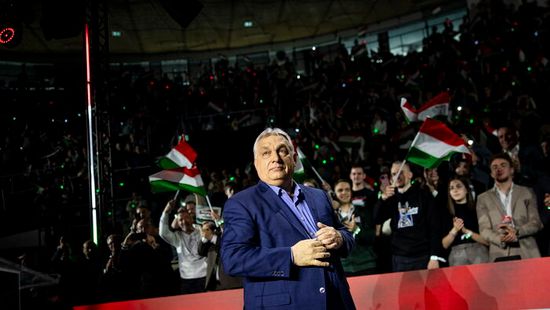
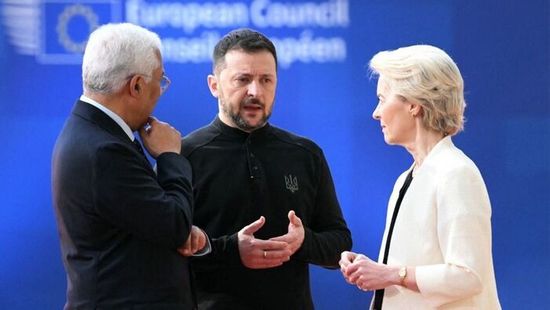



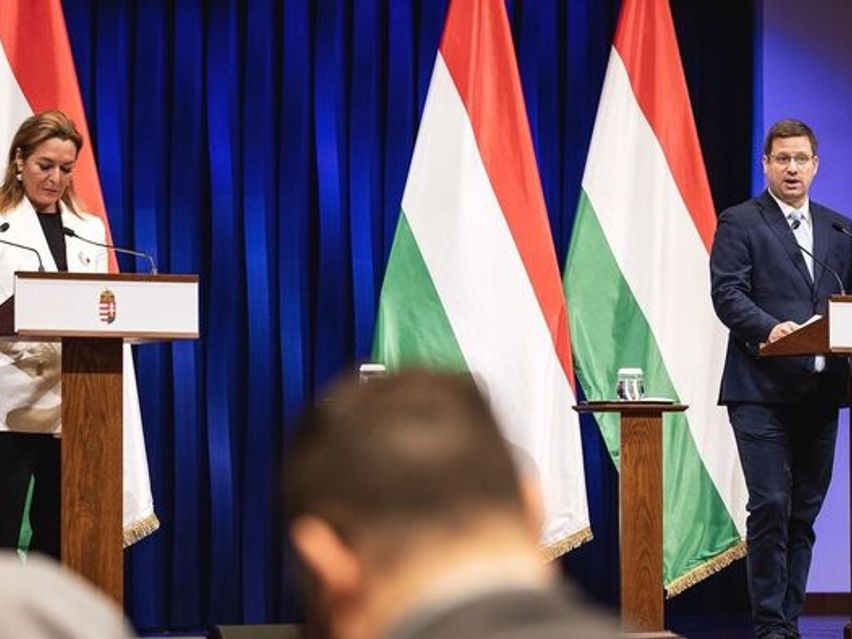







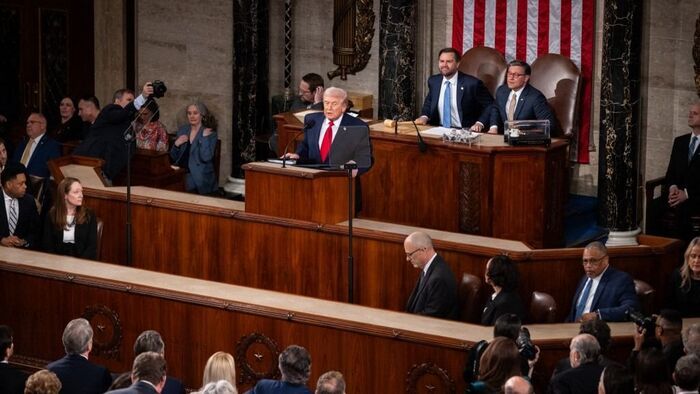
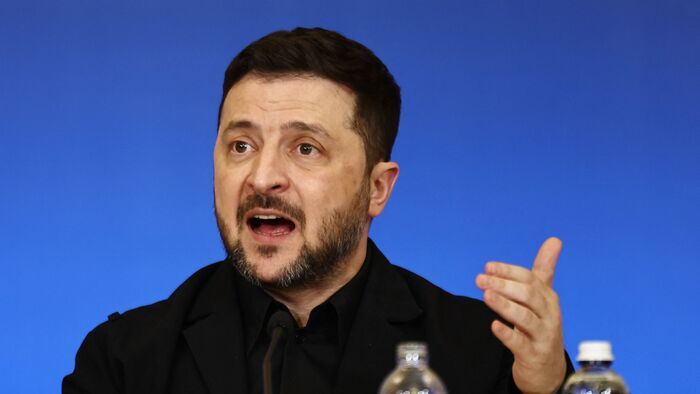




Szóljon hozzá!
Jelenleg csak a hozzászólások egy kis részét látja. Hozzászóláshoz és a további kommentek megtekintéséhez lépjen be, vagy regisztráljon!